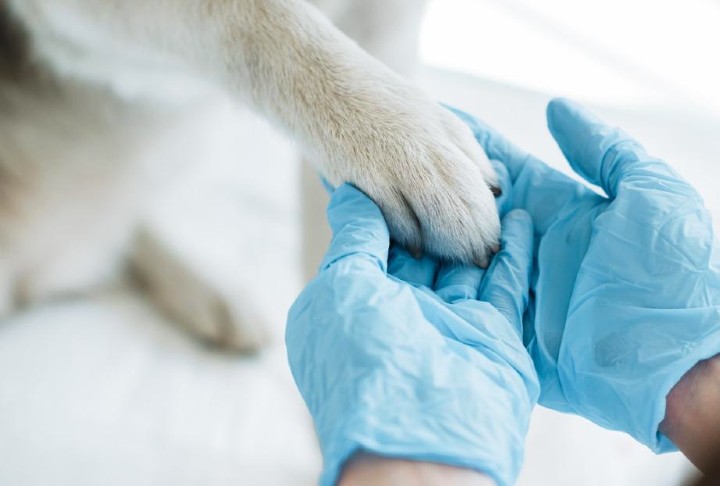Veterinary medicine is the field that offers students an education that is dedicated to their success in the veterinary department.

The domain of medical studies deals with the treatment and well-being of animals. It is similar to the medical degree program only with a difference that the subject is animals rather than a human being in veterinary medicines. The top-grade school of veterinary medicine is springing up in the Caribbean that offers a high-quality education in a small-size classroom setting. Veterinary medicine course is offered in undergraduate, postgraduate, diploma, and doctoral programs similar to the medicine courses.
A Veterinary medicine program can be your first step towards becoming a veterinarian. The well-designed veterinary medicine program is a unique amalgamation of the basic science course and clinical course that can equip the students with an overall knowledge of veterinary medicine. A veterinary medical school needs to follow a well-structured course curriculum to ensure a complete understanding of the subject within the given duration of time.
Talking about the course period, an aspiring vet can expect to devote about eight years of their valuable time to become a successful veterinarian. However, all the hard work and dedication pay off when you offer your service to the animals who can barely share their pain and discomfort. The aspiring students spend four years pursuing higher education in veterinary medicine, a doctor of veterinary medicine, or a DVM degree.
During the initial years in veterinary medicine, coursework of the basic science focuses on covering important topics like:
- Veterinary Anatomy
- Veterinary Histology and Embryology
- Veterinary Physiology
- Veterinary Immunology
- Veterinary Parasitology
- Veterinary Bacteriology and Mycology
- Animal Welfare and Behavior
- Veterinary Clinical Skills
- Veterinary Clinical Pathology
These are some of the many topics covered during the seven-semester course period of basic science. Through the basic science program, aspiring vet students can build a strong base upon which advanced knowledge could be built in the clinical years. Opting for a DVM course from a reputed Caribbean vet school can contribute to your career progression.
After completing the basic science course, the students are encouraged to go for their clinical studies. During the clinical years, the student transforms into a veterinarian. In the clinical, the students get an opportunity to work in an animal’s hospital or clinical under the supervision of an expert medical professional. This can help aspiring medical students learn about the practicality of working with animals and also gain additional practical knowledge.
The graduates of a Veterinary medicine program are offered a plethora of job opportunities across the medical sector. Thus, earning a degree in veterinary medicine can provide you with a host of employment opportunities to choose a career option that interests you. Most veterinarians work in private practice and animal hospitals, typically dealing with large and small animals. However, veterinarians can also work in consultation, research, diagnostic laboratories, educations, or public health. A degree in veterinary medicine can shape your entire professional life by securing your future with a remunerative career progression.
Hence, the scope of veterinary medicine is growing faster in the modern world, as people are becoming more and more aware of serving animals. Opting for a veterinary medicine course could be a wise decision if you are inclined towards caring for animals. Sign in now to know more about veterinary medicine!
Support InfoStride News' Credible Journalism: Only credible journalism can guarantee a fair, accountable and transparent society, including democracy and government. It involves a lot of efforts and money. We need your support. Click here to Donate
